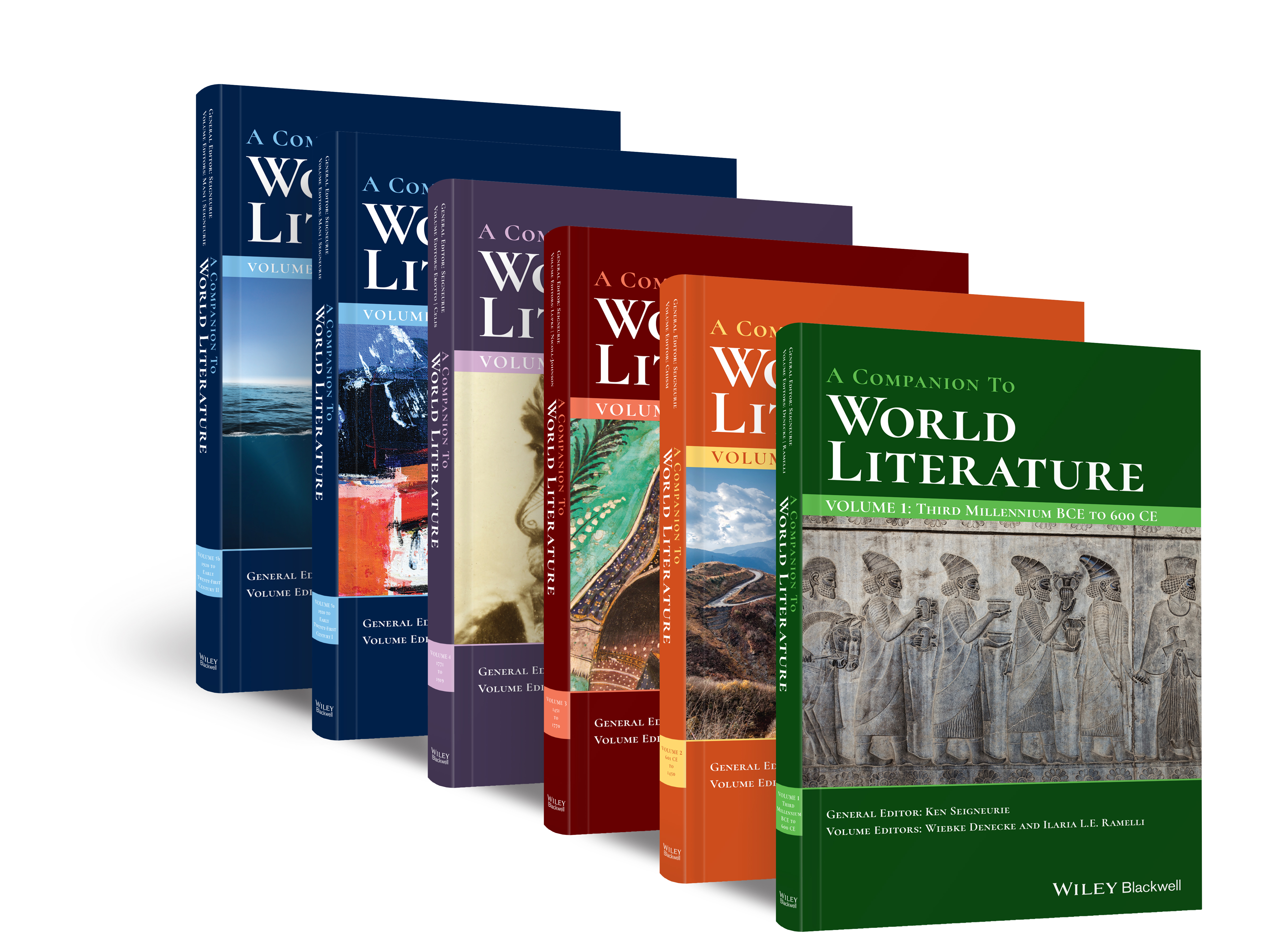Politics and Idiosyncrasies: The Global Parsing of Alexander Pushkin
Abstract
Alexander Pushkin (1799–1837), national poet and cult figure, has long been at the center of literature and politics in Russia. In the multi-ethnic tsarist empire (later Soviet Union and Russian Federation), Pushkin has represented the Russocentric state and its educational system and has been seen as the pinnacle of “national” (imperial, Soviet) tradition and identity. His fame extended abroad along diverse and multiform paths, via personal networks, operatic productions, waves of emigration, and politics. A key product of Soviet “world literature” (mirovaia literatura), Pushkin was forcefully promoted in the years around 1937, the centennial of his death. Many cultures around the world became better acquainted with the Russian national poet as a result, though it is the peculiar openness of the Pushkinian text to individual readings and the dedication of specific readers, often linked in surprising configurations, that guarantees his continuing global relevance.



